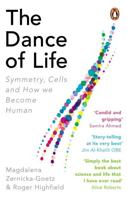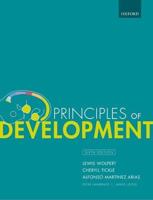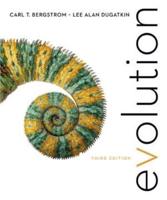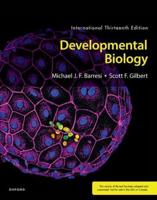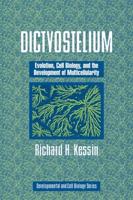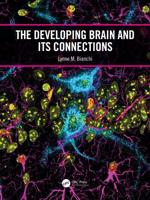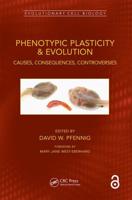Publisher's Synopsis
During animal development the descendants of a single cell form many different tissues and organs in appropriate positions within an embryo. To do this they must recognise their position, and this book examines our knowledge of how this is done. It starts by considering how much spatial pattern is already laid down when the egg forms inside the mother, and ends just before the formation of visible organs. Within these limits it considers evidence obtained by a variety of techniques, both experimental and biochemical, and from the embryos of many different animal groups. This breadth of coverage and the amount of detail afforded, particularly to the experimental studies, distinguish it from competing works and will make it a very valuable review. Moreover, in the final chapter the author analyses this evidence in ways which will be new to most readers, and which call into question current ideas about spatial determination.

